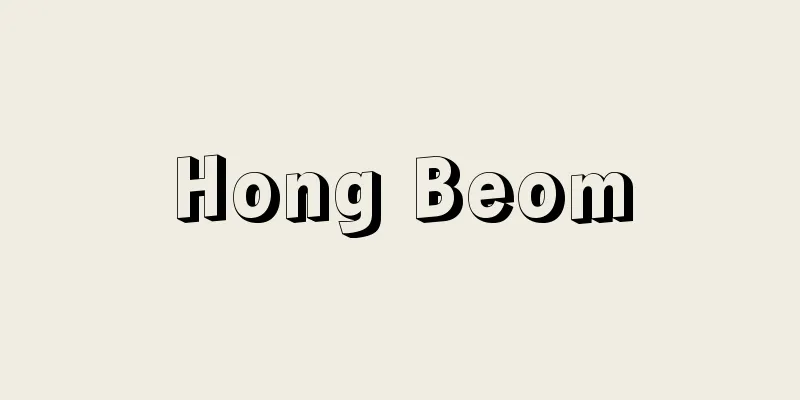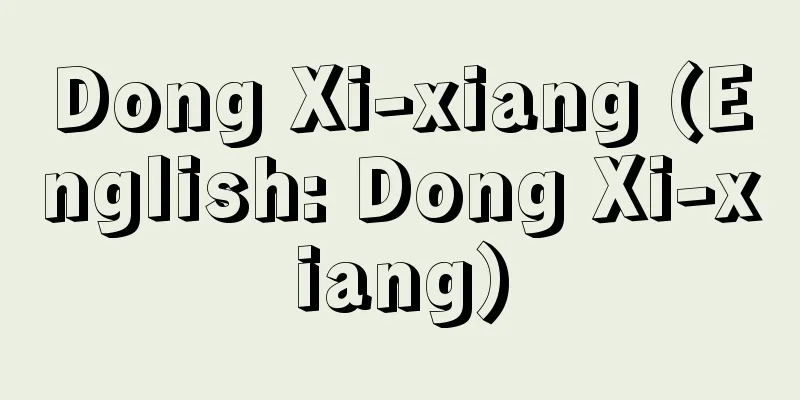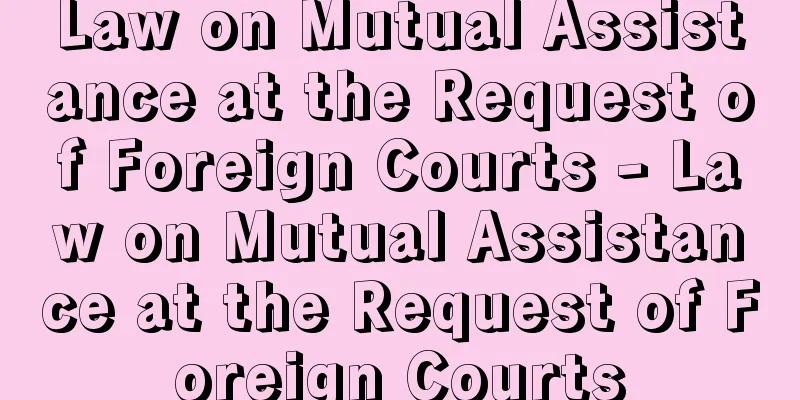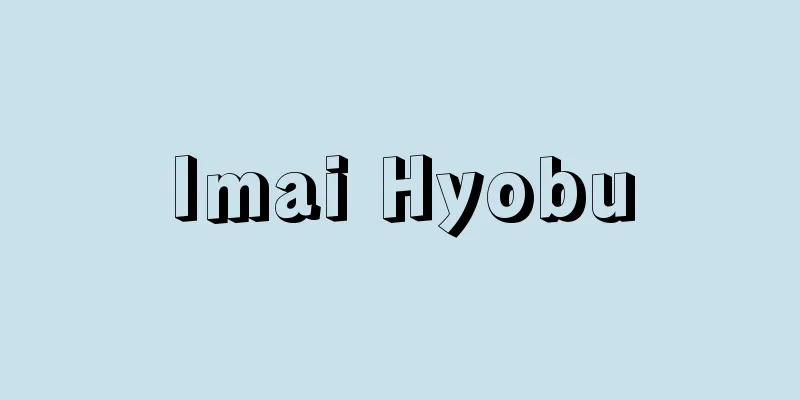Hong Beom

|
This is a chapter from the Book of Documents (also called Shangshu), one of the Five Classics, the Confucian scriptures. It is a book of political philosophy based on the Confucian worldview, and is also written as Hongfan. Hong means great, and fan means law. Legend has it that Yu of the Xia Kingdom came up with nine types of great political laws based on a diagram he found on a divine turtle that emerged from the Luo River. These are called the Nine Chapters of Hongfan, and consist of nine elements: the Five Elements, Five Matters, Eight Politics, Five Rules, the Imperial Principles, the Three Virtues, Exercise Doubt, Common Signs, and the Five Fortunes and Six Principles. All of them explain the key ways of politics in a set of categories. In it, the characteristics of the Five Elements are described in the order of water, fire, wood, metal, and earth. The idea of the five elements, which is the foundation of Chinese thought, is said to have begun here, and some say that Hong Fan originated in the Spring and Autumn period or even earlier, but it is generally believed to have been created by a thinker influenced by Zou Yan's theory of the five elements during the Warring States period, who used King Wu and Jizi as a metaphor. The "Records of the Five Elements" in the Book of Han summarizes the theory of disaster and ecstasy based on Hong Fan's theory of the five elements. The question of when the Book of Documents was created depends greatly on when Hong Fan is considered to have been created. [Yasui Kozan] [Reference item] |Source: Shogakukan Encyclopedia Nipponica About Encyclopedia Nipponica Information | Legend |
|
儒家の経典である五経の一つである『書経』(尚書(しょうしょ)ともいう)のなかの一篇(ぺん)。儒家の世界観に基づく政治哲学の書で、「鴻範(こうはん)」とも書く。洪は大、範は法という意味で、伝説では、夏(か)国の禹(う)が洛水(らくすい)から出てきた神亀(じんき)にあった図によって、九類の政治の大法としたという。洪範九疇(きゅうちゅう)といわれるのがそれで、五行(ごぎょう)、五事、八政、五紀、皇極(こうぎょく)、三徳、稽疑(けいぎ)、庶徴(しょちょう)、五福六極の九つからなっている。すべて政治の要道を項目をたてて説いたものである。なかにおいて五行は、水、火、木、金、土に順序してその特質を述べている。中国思想のものの考え方の根幹となる五行思想はここに始まるとして、洪範の源流を春秋時代、あるいはそれ以前に置く説もあるが、一般的には戦国時代の鄒衍(すうえん)の五行説に影響を受けた思想家が、武王と箕子(きし)に仮託してつくったものとされている。『漢書(かんじょ)』の「五行志」は、この洪範の五行説によって災異説をまとめている。洪範をいつごろのものとみるかによって、『書経』の成立問題は大きく左右される。 [安居香山] [参照項目] |出典 小学館 日本大百科全書(ニッポニカ)日本大百科全書(ニッポニカ)について 情報 | 凡例 |
>>: Deck - Kohan (English spelling) deck
Recommend
Peneplain - Junheigen (English spelling)
In the theory of erosion cycle, a series of flat ...
Arroyo
… Recently, desertification caused by overgrazing...
Horse crab (hairy crab)
This crab belongs to the family Cynodontidae of th...
Farmer's disease - Noufushou
It is a common syndrome seen in farmers who have ...
Landfriedensgesetz (Land peace decree)
In medieval Europe, especially in Germany, peace l...
Aranda (English spelling)
The Arunta are an ethnic group of Australian abori...
Weidman, C.
…In 1815, they founded the Denishawn School of Da...
Arguedas - Arguedas (English spelling) José María Arguedas
Peruvian novelist. His father was a lawyer who de...
pellet cladding interaction
…However, if the fuel output is suddenly increase...
Britannia - Britannia
The ancient name of Britain. In particular, the R...
IC Writer - IC Writer
...In 1965, an electronic lighter that uses a pie...
Stankiewicz, RP (English spelling) StankiewiczRP
…Junk art, which mainly uses waste from industria...
Rokugi - Rikugi
Six qualifications for criminal law privileges fou...
Two hundred and ten days - Nihyakutooka
One of the miscellaneous festivals in the calenda...
Buckingham Palace - Buckingham Palace
The palace of the British royal family in Westmin...




![Sanwa [village] - Sanwa](/upload/images/67cbb7f5d7883.webp)




